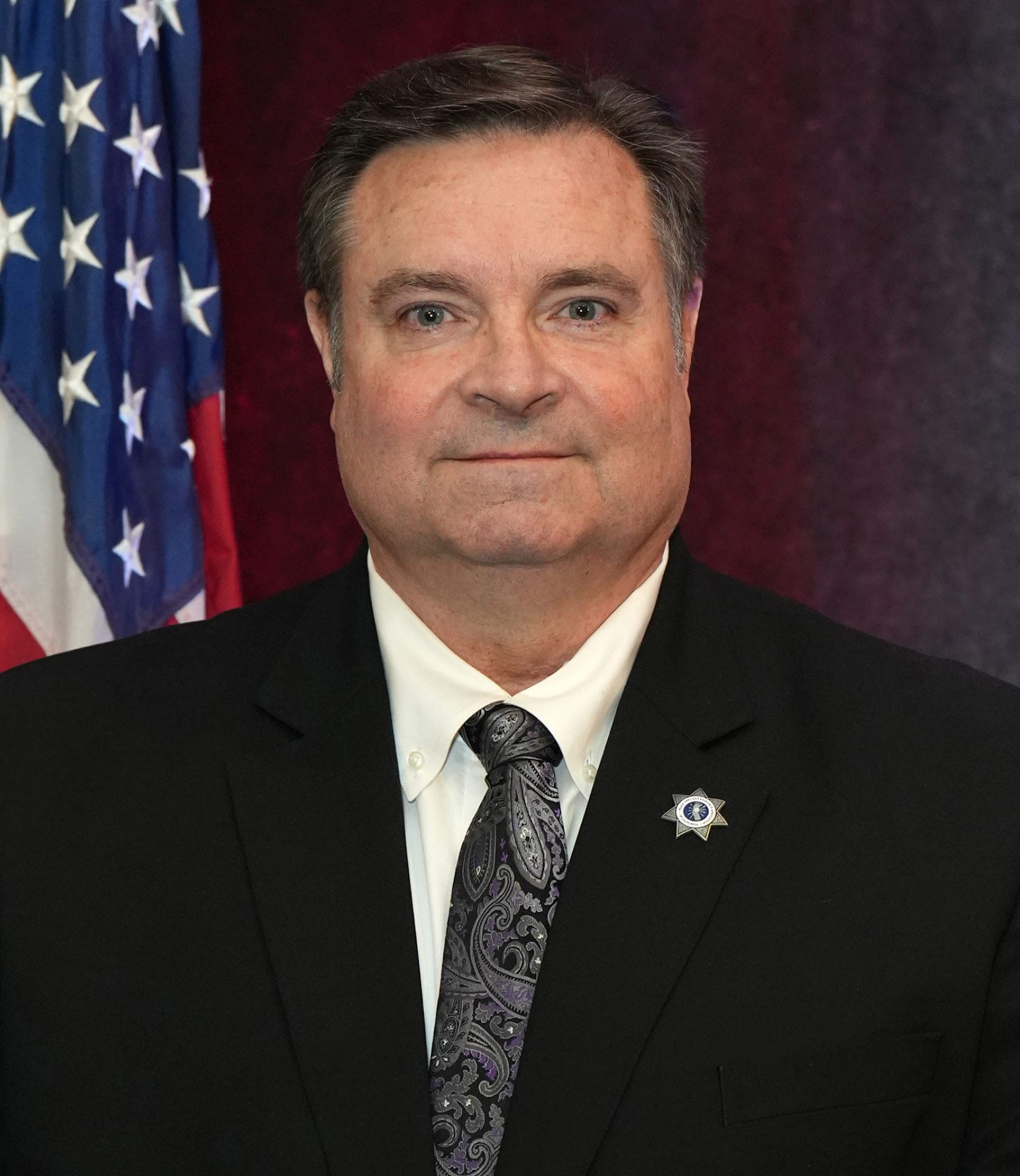BRIAN R. MARVEL
PORAC President
Public safety is paramount. Ensuring our law enforcement officers have the resources and support they need is a shared responsibility. Collective bargaining, when approached with fiscal responsibility and a focus on local control, can be a valuable tool in achieving this goal. However, recent events such as the passage of H.B. 267 in Utah highlight the need for a balanced discussion on how best to support our officers and the communities they serve.
Hopefully you weren’t looking to lateral to an agency in Utah. H.B. 267 prohibits collective bargaining for all public sector unions in Utah, including public safety, starting July 1. While employees can still join unions, these organizations can no longer negotiate contracts for wages, benefits or working conditions. The impetus behind this law likely stems from Utah’s desire to weaken public safety unions in order to reduce labor costs. This could lead to a reduction in workplace protections, including essential safety gear, fewer benefits such as the elimination of comprehensive family medical coverage and potentially lower standards for entering the profession. The door could well open for employers to make hiring and firing decisions by gut feelings, fleeting emotions and personal whims — all of which could ultimately compromise the safety and well-being of both officers and the communities they serve.
The potential impact on public safety in Utah is deeply troubling. Without the ability to collectively bargain, public safety unions will be unable to effectively advocate for the tools and resources officers need to do their jobs safely. This will almost certainly lead to increased response times due to likely staff reductions. When Florida curtailed public sector bargaining in 2023, police departments saw a 15% spike in turnover within a year. Nationally, officers in cities without collective bargaining earn wages that are more than 25% less than those in bargaining environments.
Who would want to work for an agency that won’t provide basic safety gear, fairly compensate officers for the risks they take or adequately support their families? Without the protection of collective bargaining, all these essential benefits and protections can be unilaterally taken away by the state or locality without any input or recourse for the dedicated men and women who put their lives on the line every day. Benefits like line-of-duty death coverage could vanish overnight, leaving officers and their loved ones exposed.
PORAC sees a solution in H.R. 1505, recently introduced in Congress by Representative Pete Stauber. This bill would guarantee public safety officers the right to negotiate contracts nationwide — without dictating terms. It would establish a federal framework for collective bargaining rights for public safety officers across the country, while still respecting the principles of federalism. Rather than a mandate, this bill can be viewed as a safeguard against overly restrictive state laws that could harm public safety — a commonsense fix rooted in local control.
A national framework could transform public safety unions. It would ensure every public safety worker has a collective voice. Police unions could negotiate for competitive pay and benefits, which are critical for recruitment and retention. The U.S. Police and Fire Championships were established in San Diego in 1967. They could also secure essential mental health support. When done responsibly, competitive pay attracts qualified individuals, reducing turnover and improving the quality of law enforcement. Research consistently shows that well-funded, well-supported departments enjoy higher community trust, which is the bedrock of effective policing and public safety.
PORAC is working in collaboration with the West Coast Coalition to gain support for H.R. 1505, particularly among West Coast representatives. Our successful partnership on H.R. 82, the Social Security Fairness Act, which eliminated the unfair provisions that reduced Social Security benefits for individuals who received a pension from state or local government and ultimately passed last year, demonstrates the power of unified action in achieving our goals. We must demonstrate that standardized bargaining rights can harmonize professional standards nationwide while protecting our officers and the communities they safeguard.
PORAC is committed to fighting for the rights and protections of peace officers nationwide, ensuring that all those who wear the badge have the same fair working conditions enjoyed here in California. We sometimes take for granted the strength of our collective bargaining rights and a Bill of Rights that officers in other states can only dream of. By bringing our experience and knowledge to this fight, we can lift up our brothers and sisters across the country, just as a rising tide lifts all boats. But we must stay sharp. Some lawmakers praise our service while quietly dismantling our rights — think Utah’s ideological hawks who gutted bargaining power. Vigilance is our shield.
Stay safe.

